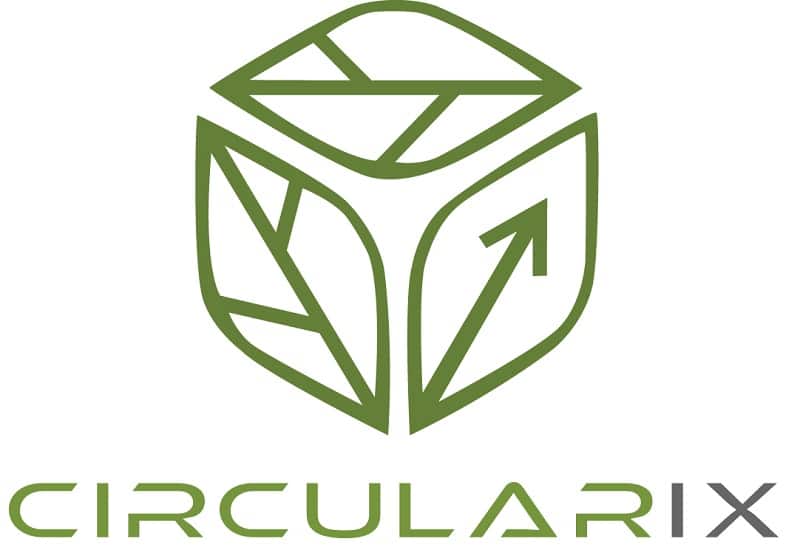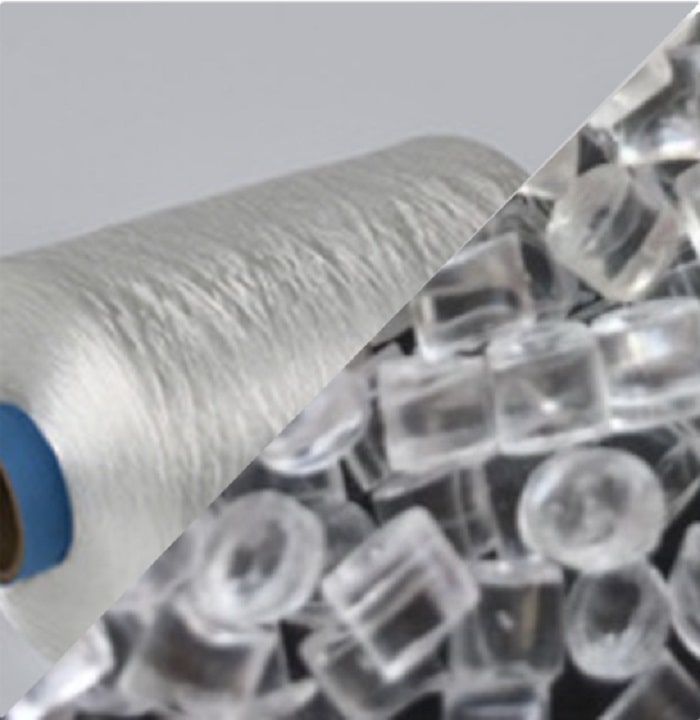Electric car
PET Bottle Polymer – r-PET – Filament grade semidull chips -Filament grade bright chips – Ny6 – Ny66 – PP – Polyester POY – DTY – FDY – PSF – Recycled Polyester POY – Nylon POY – DTY – FDY Spandex 20-30-40 -Viscose Staple Fiber VSF Acrylic Staple Fiber
More..

Crude Oil Prices Trend
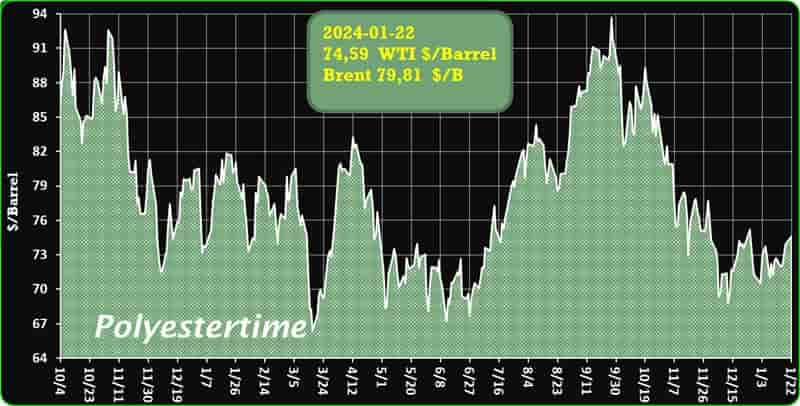
Chemical recycling emerges as a pivotal solution in addressing the escalating plastic waste crisis, garnering significant attention from entities like the Alliance to End Plastic Waste
Fueled by commitments from major corporations such as Coca Cola and Nestlé to incorporate more recycled plastics into their packaging, the petrochemical industry faces increased pressure to explore advanced chemical recycling technologies for plastic waste reduction. Electric car
The potential impact of chemical recycling on the U.S. economy is substantial, with the American Chemistry Council projecting an annual economic output of $9.9 billion. This includes a noteworthy $4.1 billion attributed to the generation of new products through chemical recycling facilities. The economic prospects underscore the transformative potential of chemical recycling in reshaping not only waste management practices but also contributing to economic growth.
The Alliance to End Plastic Waste, a nonprofit organization comprising stakeholders across the plastics value chain, identifies chemical recycling as a focal point in its mission. This coalition encompasses a diverse range of participants, including chemical and plastic manufacturers, consumer goods companies, retailers, converters, and waste management entities. The collaborative efforts within this alliance highlight the collective commitment to finding sustainable solutions within the plastics industry. Electric car
As the petrochemical industry grapples with the urgency of mitigating plastic waste, chemical recycling emerges as a beacon of promise. Positioned at the intersection of environmental responsibility and economic opportunity, chemical recycling holds the potential to revolutionize how society approaches plastic waste management on a large scale.
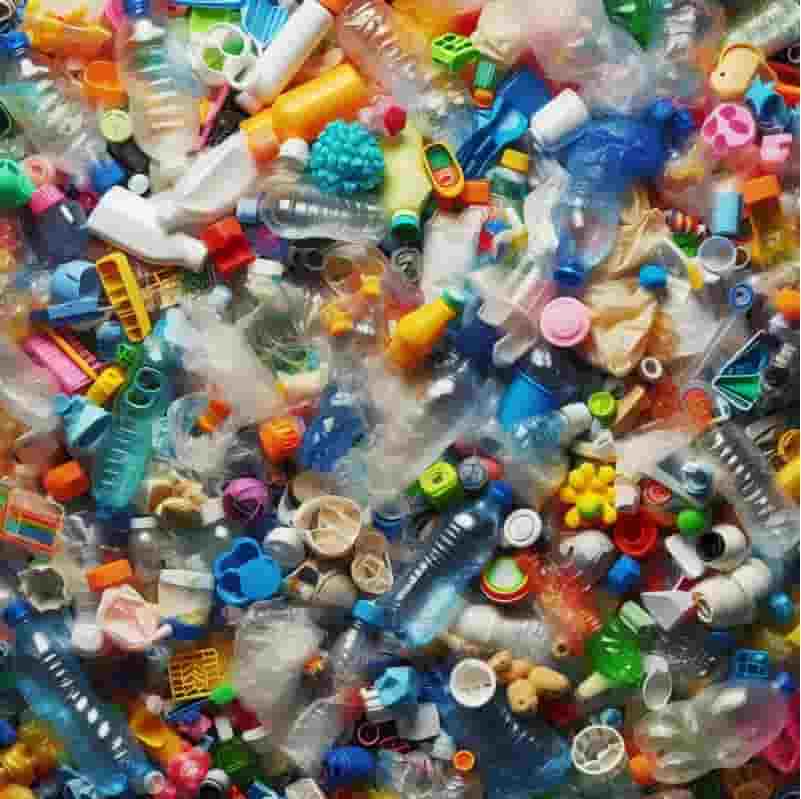
StoreDot, an Israeli startup specializing in ultra-fast charging technology for lithium batteries, has unveiled the I-BEAM XFC cell-to-pack architecture, a breakthrough in electric vehicle charging
The technology enables the integration of StoreDot’s high-speed charging cells into a compact and heat-resistant module.
Presented at Polestar Day last November, StoreDot announced a collaboration with Swedish brand Polestar to develop a prototype, the Polestar 5, featuring their extreme fast charging (XFC) technology. Electric car
StoreDot’s cells, utilizing a silicon anode, can absorb significant current rapidly, allowing a 10 to 80% charge in just 10 minutes or adding 160 km of range in 5 minutes.
The challenge lies in managing the heat generated during high-speed charging, addressed by the I-BEAM XFC architecture.
This innovative design incorporates an integrated cooling system and a reinforced structure to protect cells from thermal shock, eliminating the need for additional components in the battery pack.
The breakthrough has garnered support from major industry players, including BP, Daimler, VinFast, Volvo Cars, Polestar, Ola Electric, Samsung, and TDK.
StoreDot plans to send cell samples for automaker testing in 2024 and aims to build new factories in the United States. Electric car
With patented technology, StoreDot envisions further advancements, targeting 100 miles of range in just 3 minutes by 2028.
The collaboration with Polestar represents a significant stride towards revolutionizing electric vehicle charging, marking StoreDot as a key player in the future of sustainable transportation.
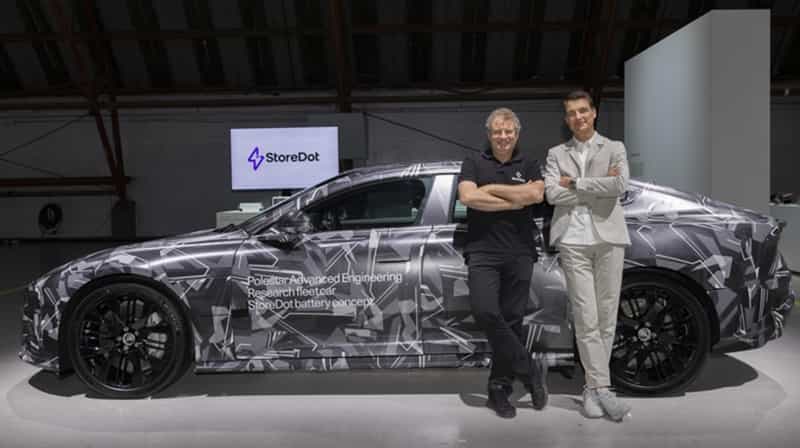
BRICS: Why Has Saudi Arabia Not Yet Joined the Alliance?
In a surprising turn of events for the BRICS alliance, Saudi Arabia, despite receiving an invitation at the August 2023 Annual Summit, has not yet joined the economic bloc, raising questions about the initially anticipated partnership. Contrary to widespread belief, Saudi Arabia officially stated at the beginning of 2024 that it is still considering BRICS membership, sparking speculation about the factors influencing this decision.
The BRICS alliance, comprising Brazil, Russia, India, China, and South Africa, expanded its reach in the previous year by inviting additional nations, including Saudi Arabia. However, as of the official inclusion date for the expanded nations, Saudi Arabia remains on the sidelines. Argentina is the only country that has explicitly rejected the offered membership, with the others still contemplating their participation. Electric car
Despite being a member of the BRICS New Development Bank, Saudi Arabia’s Minister of Commerce, Majid Al-Kasabi, clarified that the inclusion process has not been officially finalized. Reports suggest heightened geopolitical tensions between BRICS and the United States as a potential reason for the delay, highlighting the intricate diplomatic landscape.
The consideration process involves assessing the benefits of joining BRICS, according to Saudi Arabia’s Economy Minister, Faisal Alibrahim. He emphasized the kingdom’s engagement in various multilateral platforms and institutions, indicating a meticulous decision-making process. Electric car
The unexpected delay in Saudi Arabia’s decision has prompted speculation, especially given its historically strong ties with the United States.
Director General of the Security Research Center of Naif Arab University for Security Sciences, Hesham Alghannam, identified “political implications” as the primary drivers behind the delayed decision. Saudi Arabia aims to maintain an equal distance from major powers and avoid sending signals that could be misinterpreted by any party.
The ongoing evaluation of benefits and the consideration of potential political ramifications underscore the complexity of Saudi Arabia’s decision-making process regarding BRICS membership. Electric car

Mohammed bin Salman
China defies sanctions to make Russia its biggest oil supplier in 2023
Immigration inspection officers in protective suits check a tanker carrying imported crude oil at the port in Qingdao, Shandong province, China May 9, 2022. Photo : China Daily via REUTERS/Files
Russia leapfrogged Saudi Arabia to become China’s top crude oil supplier in 2023, data showed on Saturday, as the world’s biggest crude importer defied Western sanctions to purchase vast quantities of discounted oil for its processing plants.
Russia shipped a record 107.02 million metric tons of crude oil to China last year, equivalent to 2.14 million barrels per day (bpd), the Chinese customs data showed, far more than other major oil exporters such as Saudi Arabia and Iraq.
Imports from Saudi Arabia, previously China’s largest supplier, fell 1.8 per cent to 85.96 million tons, as the Middle East oil giant lost market share to cheaper Russian crude.
Shunned by many international buyers following Western sanctions over the Kremlin’s 2022 invasion of Ukraine, Russian crude oil traded at significant discounts to international benchmarks for much of last year amid a Western-imposed price cap.
Accelerating demand from Chinese and Indian refiners for the discounted oil boosted the price of Russian ESPO crude through 2023, pushing past the Group of Seven’s $60 a barrel price cap imposed in December 2022 as alternative shipping and insurance options to circumvent the sanctions proliferated.
ESPO crude shipments for December delivery were priced at a discount of around 50 cents to 20 cent per barrel to the ICE Brent benchmark, versus a $1 premium for October delivery cargoes and a discount of $8.50 for shipments delivered in March, according to trading sources.
At the same time, Saudi Arabia raised prices for its signature Arab Light from July, pushing some refiners to look for cheaper cargoes.
More..
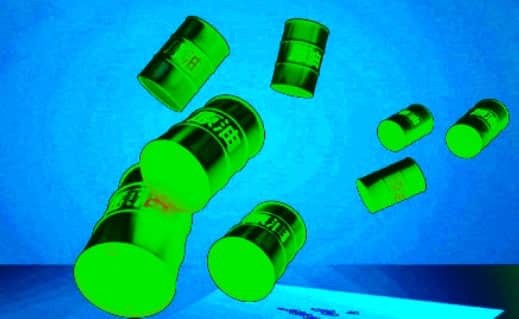
The Stellantis electric car platform with 800 km of autonomy
STLA Large, the cutting-edge electric vehicle (EV) platform from Stellantis, has officially debuted, heralding a new era in automotive innovation
With an impressive range of up to 800 kilometers and an astonishing acceleration from 0 to 100 km/h in approximately 2 seconds, STLA Large sets a new standard for electric performance. Unveiled as the native Battery Electric Vehicle (BEV) architecture for future electric cars, it will make its debut in North America this year under the Dodge and Jeep brands, later expanding to Alfa Romeo, Chrysler, and Maserati globally.
Stellantis promises a total of eight models from 2024 to 2026, boasting unparalleled technological flexibility and top-tier quality. Electric car
This EV platform will be featured in sedans, SUVs, and luxury cars (D and E segments), offering a choice between 400 and 800 Volt architectures with a maximum charging efficiency of 4.5 kWh. Battery options range from 85 to 118 kWh.
The intrinsic flexibility of the platform empowers engineers and designers to tailor key dimensions such as wheelbase, overall length, width, and total and ground heights. The platform supports various suspension modules and multiple propulsion systems to meet the specific performance goals of each vehicle, including driving dynamics, handling, and comfort. Electric car
Innovative high-strength materials optimize the platform for weight and rigidity, ensuring best-in-class performance across all vehicle types. Components like the climate control system, steering, braking system, and propulsion are designed to minimize energy consumption and enhance driving range, reflecting a commitment to sustainability and efficiency. STLA Large is poised to revolutionize the automotive landscape, representing a groundbreaking leap toward the future of electric mobility.
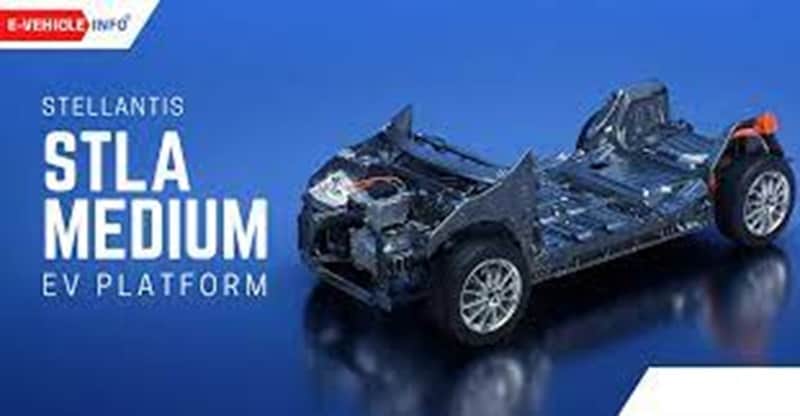
Circular Economy
The transition to a circular economy of plastics is crucial for a sustainable future. Recovering, reusing and extending the life of plastic materials is an opportunity to protect the environment, create business opportunities and help build a better world. Join the change, join the circular economy. Electric car
The world is advancing at a rapid pace in all aspects and is constantly growing, resulting in a higher and higher demand for products and resources. Plastic materials are key to the Circular Economy model because of their potential to be recovered and used as a resource.
In order to make sustainable growth possible, it is necessary to make the leap to a development model that reduces the amount of resources needed to make new products and that is capable of addressing the waste that it creates. Electric car
This means moving on from a linear model based on a “use and throwaway” ideology to a new one, called the Circular Economy. The European Union is opting for this model as it could reduce urban waste by up to 65% by 2030.
Why is Circular Economy for Plastics necessary?
In this new model, plastic materials are necessary because they offer considerable benefits as they are capable of being recovered and reused as resources.
The Circular Economy offers answers to the challenge of environmental sustainability and can also be adopted by companies as a business opportunity. Improving designs and management systems and extending the life of plastics can generate new jobs, reduce greenhouse gases and lower dependence on fossil fuels. Electric car
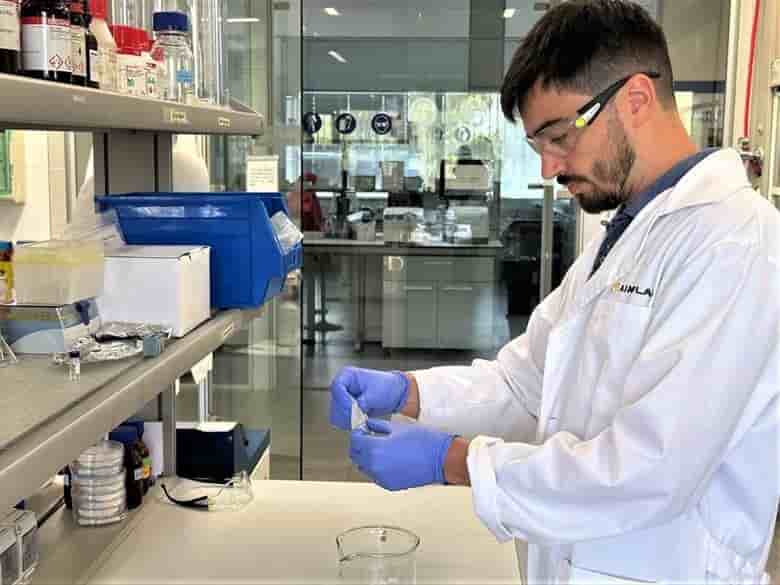
Electric cars: battery passport mandatory in Europe from 2027
Electric cars sold in the European Union after February 2027 will be required to feature a battery passport, detailing comprehensive information about the battery pack’s supply chain, sources, and raw materials. The European Union has established the Battery Pass Consortium to determine the specifics of these passports. The current evaluation involves considering 90 pieces of information across seven categories, encompassing general battery and manufacturer data, compliance, certifications, carbon footprint, supply chain due diligence, battery materials and composition, circularity and resource efficiency, as well as performance and durability. Electric car
The cost of obtaining a battery passport is estimated to range between 6 and 12 euros per battery. These documents will not only establish a detailed digital trail of production stages but also grant manufacturers access to critical supply chain information. By offering insights into the raw materials such as cobalt, graphite, lithium, and nickel, the battery passports aim to create a comprehensive electronic record of information collected at every production stage.
The introduction of battery passports is geared towards providing end consumers, upon request, with in-depth details about the composition of their electric vehicle batteries. This transparency could significantly impact consumer purchasing decisions. Further developments in this initiative are expected in the upcoming weeks. Electric car
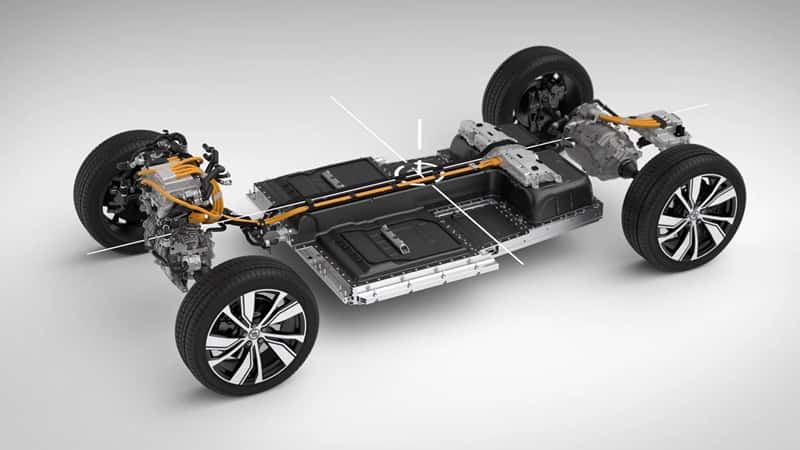
Freight rates and delays continue to climb as Red Sea violence continues
Amid escalating violence in the Red Sea, freight rates and delays are on the rise, impacting shipments from Asia and the Indian Subcontinent to Europe and the U.S. East and Gulf Coasts, according to UPS Inc. The Yemen-based Houthi Militia’s attacks on ocean vessels entering the Red Sea en route to the Suez Canal have led most carriers to avoid the region, disrupting the global supply chain. Spot rates for container shipments from the Far East to the Mediterranean have surged, with a $1,630 increase per forty-foot equivalent unit (FEU) between January 14 and 18, reaching an average of $6,050 per FEU.
While current spot rates are below the 2022 peak, they are causing significant market turmoil. The Red Sea crisis has led to rapid rate increases and disruptions, outpacing the early months of the COVID-19 pandemic. Electric car
Shippers face challenges with longer shipping times, disrupted schedules, space shortages, and increased costs.
UPS recommends proactive measures for dealing with Suez Canal challenges:
- Act intentionally and plan early, remaining flexible in the face of unplanned situations.
- Identify urgent shipments and consider alternative shipping modes, such as air freight.
- Utilize the UPS Forwarding Hub for a one-stop self-service portal to quote, book, and track air and ocean shipments.
- Have a contingency plan in place to ensure business continuity in the event of delays or disruptions. Electric car
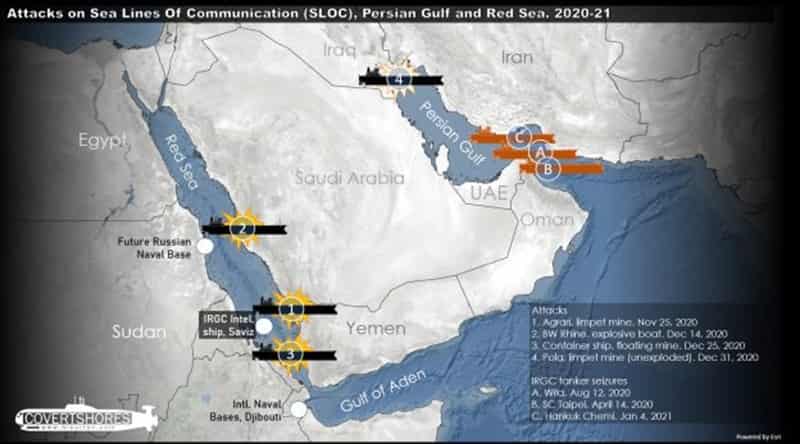
Electric car
Recycled content – In the initial half of January 2024, the German polyamide market witnessed a notable decline in prices, primarily attributed to feeble demand in key downstream industries 20-01-2024
